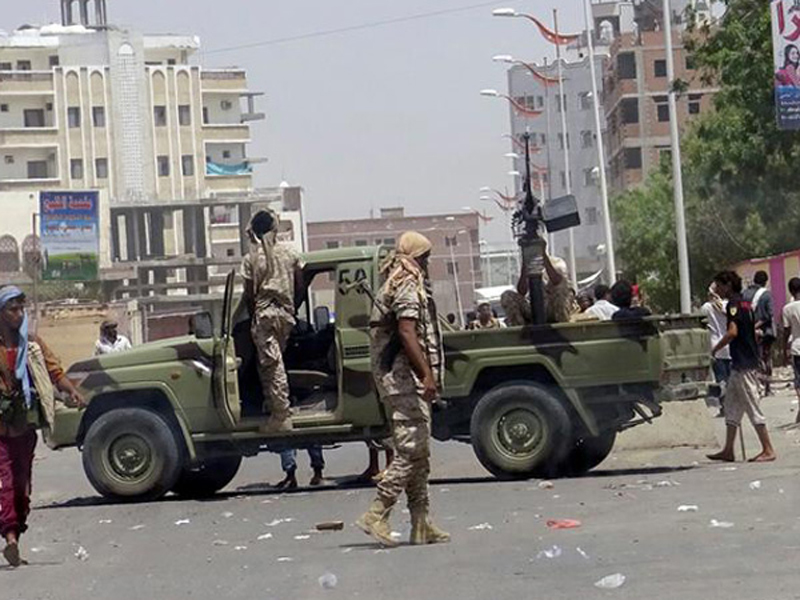Sana’a: Yemeni Houthi rebels began to pull out their forces from the strategic port city of Al Hodeida under the recent ceasefire agreement reached between the warring parties, the rebels’ spokesman said on Saturday.
The withdrawal took place in the presence of Gen. Patrick Cammaert, president of the coordination committee of relocation, a body led by the UN which supervises compliance with the ceasefire agreement that was reached in Sweden earlier this month.
“In accordance with the provisions of the Stockholm agreement and with the implementation of the directives of the command, our forces began Friday night to implement the first phase of the withdrawal from the port of Hodeida,” Brig. Gen. Yahya Saria, the Houthi’s military wing spokesman, said, according to the rebel-held news agency SABA.
The spokesman said that the Houthis now hope the coordination committee will secure a commitment from the Yemeni government to fulfil its part of the first phase of the agreement, which would involve the withdrawal of troops from the east of the city and other neighbourhoods considered of “critical” importance.
The UN-mediated agreement foresees the application of an immediate ceasefire in Hodeida and the gradual withdrawal of troops from both factions in phases.
The agreement also stipulates a withdrawal of all military forces within 21 days of the ceasefire in Hodeida.
However, the fine details of the implementation of the pact depend on the coordination committee of relocation, a committee in which members of the Houthi and the Yemeni government both participate.
The ceasefire officially came into effect on December 18 in Hodeida, a strategically important city because of its vital port — which is the entry point for the majority of Yemen’s imports and aid. However, hostilities have ensued with sporadic exchanges of artillery fire recorded every day.
Yemen has been caught up in a power struggle between the Saudi-backed government and the Houthi rebels since late 2014.
The conflict intensified when Saudi Arabia began a military intervention in Yemen in March 2015 in support of President Abdrabbuh Mansur Hadi against the Houthi rebels, leaving over 30 million people in need of humanitarian aid, according to the UN.
[source_without_link]IANS[/source_without_link]

